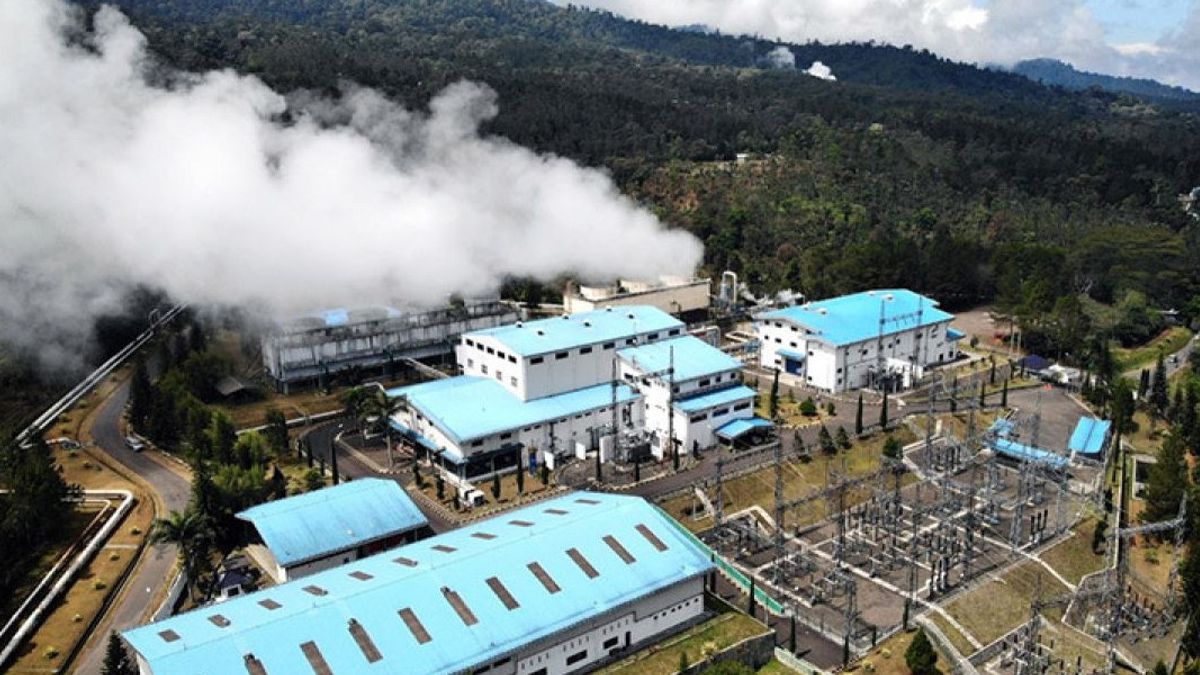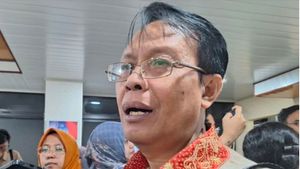JAKARTA - Executive Director of the ReferMiner Institute as well as an energy observer, Komaidi Notonegoro revealed a number of reasons why the government has not made geothermal a priority in the implementation of the energy transition.
In fact, he said, geothermal has a number of advantages over other new and renewable energy sources (EBT).
Komaidi said that the relative geothermal has not been made a priority because of a number of obstacles in its development and entrepreneurship.
"Based on the review, there are a number of risks that developers must face in geothermal entrepreneurship in Indonesia," said Komaidi, Thursday, June 13.
Komaidi detailed, these risks include the risk of exploration failure; financial risks due to market planning and structure in the geothermal industry. Then there are risks of regulatory barriers and governance such as the geothermal electricity buying and selling agreement (PJBL), Domestic Component Level (TKDN), licensing, asset ownership and government incompatibility with the needs of developers.
The next risk, continued Komaidi, is that the initial capital requirement is quite large and the duration of development is relatively long and last, the geographical location of geothermal resources in remote areas.
"A number of these obstacles are the cause of the selling price of geothermal electricity in Indonesia, which is still considered quite expensive," continued Komaidi.
Komaidi also explained that the problem of developing and entrepreneuring geothermal in other countries is basically the same as the problems faced in Indonesia.
However, with the policy breakthroughs made, a number of countries have been recorded to have succeeded in encouraging the price of geothermal electricity to be competitive and even cheaper than the national electricity BPP average in the country concerned.
"Among the countries recorded to have succeeded are the United States, Kenya, Iceland, New Zealand and Mexico," added Komaidi.
SEE ALSO:
According to Kenya and Iceland, they are listed as a country that is quite serious in developing and trying geothermal energy. The portion of geothermal electricity production from Kenya and Iceland in 2023 will reach 29 percent and 26 percent of their total electricity production. The portion of EBT in the production mix of Kenya and Iceland electricity in 2023 is 80 percent and 96 percent of their total national electricity production.
Komdi also said that given the large availability of resources and a number of potential benefits that will be obtained, formulate and implement policy breakthroughs in the development and entrepreneurship of geothermal needs to be carried out by policy maker stakeholders.
"A number of policy breakthroughs made by Kenya, Iceland, and Philipina have proven successful in increasing geothermal entrepreneurship and utilization in each of these countries, hopefully, can be used as lessons learned for the development and business of geothermal in Indonesia," concluded Komaidi.
The English, Chinese, Japanese, Arabic, and French versions are automatically generated by the AI. So there may still be inaccuracies in translating, please always see Indonesian as our main language. (system supported by DigitalSiber.id)
















